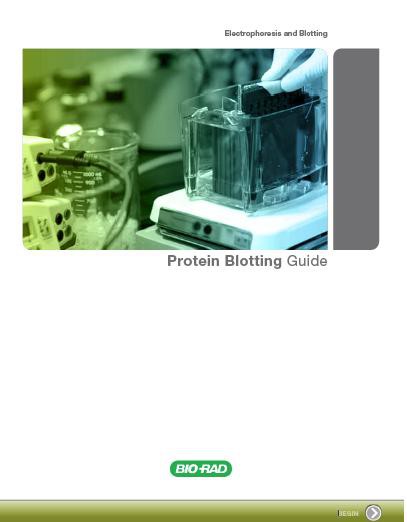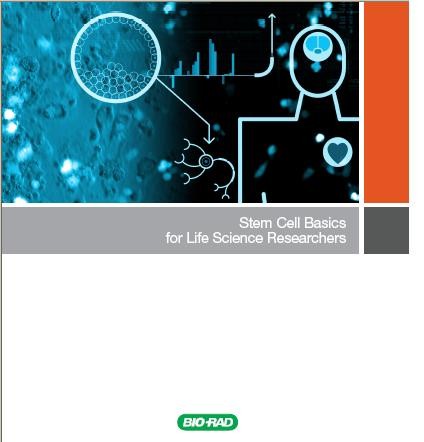The ChemiDoc Touch Imaging System is Bio-Rad’s new digital imaging solution for gel and western blot analysis. Designed for efficiency and ease of use, it integrates a touch-screen interface with Image Lab™ Touch Software to give users a fast workflow for acquiring and analyzing publication-quality image data. As a part of Bio-Rad’s V3 Western Workflow™, the ChemiDoc Touch Imaging System enables a western blotting protocol improved with multiple validation steps, streamlined completion times, and quantitative results using stain-free gel chemistry.
We gave this new imaging system to several researchers to test. Each one started the process as a user of X-ray film for western blot imaging. Some reported having tried digital imaging in the past, but not being convinced at that time to give up film. Each sat down for an interview regarding how he used the ChemiDoc Touch Imaging System and provided a representative blot image created using the instrument.
Click here to read the full story…

















